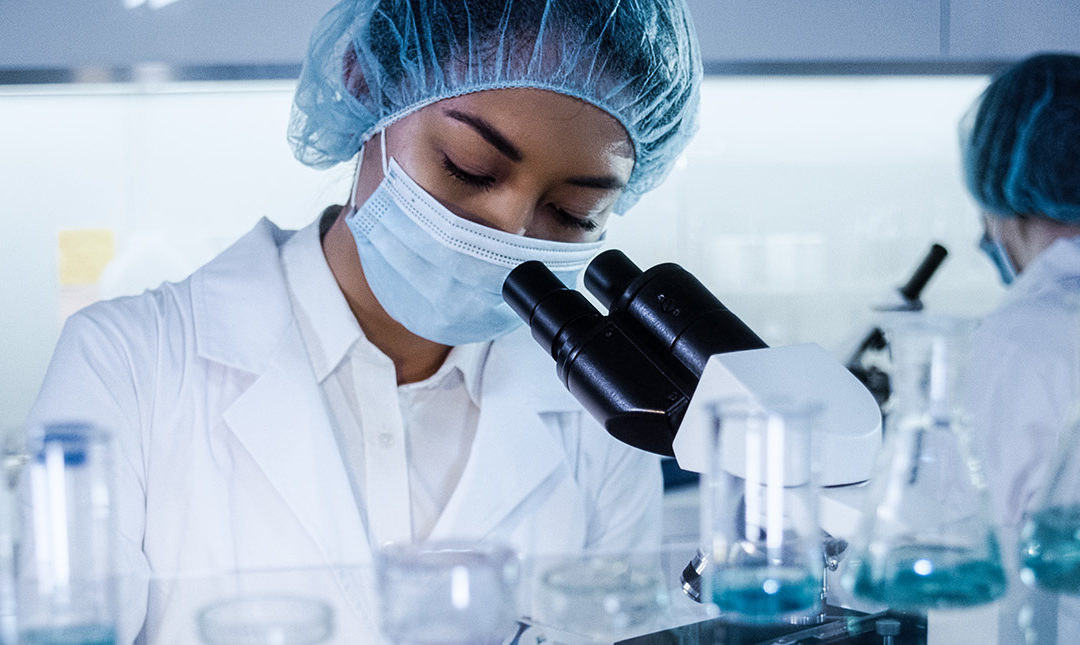The Business of Life Science
Biotechnology, simply put, is a technology that utilizes the biological systems found in living organisms (or the living organisms themselves) to develop and make new commercial products. While cutting-edge developments in areas such as cloning and genetic engineering grab the headlines, the practice of using living organisms to create products has actually been around for over 6,000 years. Processes such as brewing, baking bread, and making cheese all use living organisms (yeast) to produce the desired product. Though certainly refined over the years, many of these practices have remained fundamentally unchanged. The driving force of biotechnology today is the sequencing of the human genome which will impact almost every aspect of the way we live, from “our environment, to what we eat, to how we diagnose and treat illness.”
Biotechnology covers many different scientific disciplines, including biochemistry, molecular biology, genetics, biomedical engineering, pharmacology, and microbiology to name just a few. Biotechnology can also be divided into a wide range of sub-areas, including medical biotechnology (vaccines, antibiotics, antiviral, chemotherapeutics), agricultural biotechnology (selective breeding, genetically modified plants, biofuels), industrial biotechnology (fermentation, chemicals, textiles, food), and environmental biotechnology (bioremediation, wastewater treatment, soil conservation).
Because the ocean is the greatest source of biodiversity on Earth, no ecosystem provides greater genetic diversity or possibilities for new products and processes. Marine biotechnology is the creation of products and processes from marine organisms through the application of biotechnology, molecular and cell biology, and bioinformatics. It is the field of science that deals with “ocean exploration for development of new pharmaceutical drugs, chemical products, enzymes, and other products and processes. It also deals with the advancement of aquaculture and seafood safety, bioremediation, biofuels, among others.” For example, a marine biotechnologist may work on increasing the yields of farmed fish, designing disease-resistant strains of oysters, or creating vaccines against certain viruses that can infect fish. Given its profound effect on an extremely large number of industries and professions, marine biotechnology has the potential to harness the marine environment for human benefit and progress.
Biotechnology is one of those fields of study (along with biomedical engineering and aquaculture) that fits neatly under both commerce and science. That’s because while biotechnology is mainly about the business of developing new commercial products, that business is dependent on living organisms and, therefore, requires deep knowledge of biological, chemical, environmental, and molecular science. In fact, if you traced the beginnings of many successful biotech companies, you would see that many of the founders started off as scientists in the laboratory and only after striking upon some new and innovative biotechnical process, developed into businesspeople. That doesn’t mean that business skills are not essential, because they are, but it does mean that without the requisite background knowledge in science, it would be difficult to steer a biotech company towards success.
To learn more about the business of biotechnology and to access Ocean Connect’s wide range of educational and career resources, please visit our Biotechnology snapshot.

